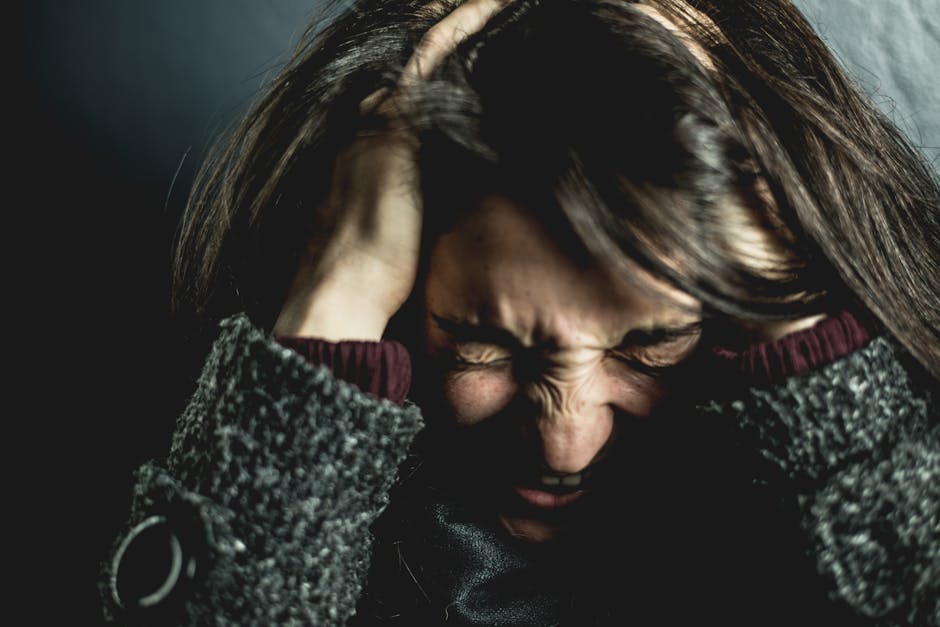Caffeine is one of the most widely consumed psychoactive substances in the world. Found naturally in coffee, tea, chocolate, and certain soft drinks, caffeine is also added to energy drinks and medications. While many people rely on caffeine for a boost in alertness, it’s important to understand its effects on the body and mind.
How Caffeine Works
Caffeine stimulates the central nervous system, temporarily increasing alertness and reducing fatigue. It works by blocking adenosine, a neurotransmitter that promotes relaxation and sleepiness. This leads to increased brain activity and the release of dopamine and adrenaline, which contribute to heightened focus and energy.
Common Sources of Caffeine
- Coffee (brewed: ~135 mg per cup)
- Tea (~43 mg per cup)
- Cola soft drinks (~36–50 mg per can)
- Energy drinks (~80 mg per can)
- Dark chocolate (~19 mg per serving)
- Stay-awake pills (~100 mg per tablet)
While caffeine can enhance concentration and mood, excessive consumption may lead to:
- Insomnia and restlessness
- Increased heart rate and blood pressure
- Headaches and dizziness
- Dependence and withdrawal symptoms (such as fatigue and irritability)
Moderation is key when consuming caffeine. Experts recommend limiting intake to 400 mg per day for most adults. Those sensitive to caffeine or experiencing negative effects may benefit from reducing consumption or switching to decaffeinated alternatives.
Understanding caffeine’s impact can help individuals make informed choices about their consumption. Learn more about caffeine and its effects here.



